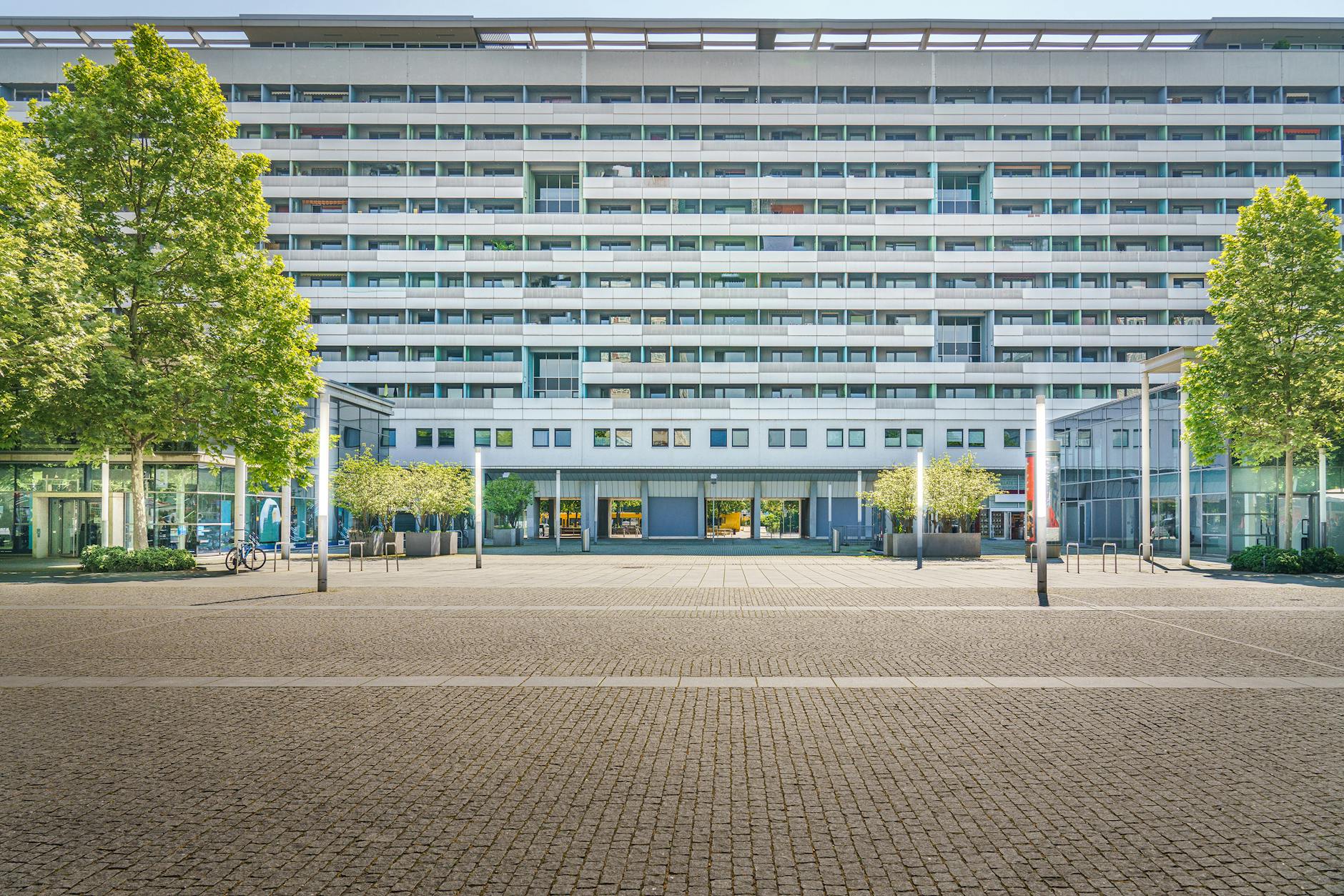Emerging Trends in Commercial Real Estate Leasing and Brokerage
Emerging trends in commercial real estate leasing and brokerage are reshaping the industry landscape at an unprecedented pace. As businesses recover from global disruptions and adapt to new working models, the demand for flexible, technology-driven, and sustainable real estate solutions has skyrocketed. This article explores how innovations in technology, shifting tenant preferences, and evolving market dynamics are transforming commercial leasing and brokerage practices. From the rise of proptech and data analytics to the increasing emphasis on flexible lease terms and green building certifications, understanding these trends is crucial for investors, brokers, and tenants alike. We will examine key drivers behind these changes, illustrate current market responses, and highlight strategies that industry professionals are adopting to stay competitive in this evolving environment.
Technology integration and proptech innovation
The rapid integration of technology within commercial real estate is revolutionizing leasing and brokerage processes. Proptech—technology platforms designed specifically for property management and transactions—enables brokers and tenants to streamline interactions, reduce manual paperwork, and enhance decision-making. Tools like AI-powered analytics, virtual tours, and blockchain-based contracts improve transparency and efficiency.
For instance, AI-driven market analysis helps brokers identify trends and match clients with properties tailored to their specific needs. Virtual and augmented reality technology allows prospective tenants to explore spaces remotely, which has become especially valuable following the pandemic’s impact on in-person interactions. Additionally, blockchain technology introduces greater security and speed for lease agreements, minimizing fraud risk and delays.
Shift towards flexible leases and hybrid workspace demand
One of the most striking trends in commercial leasing is the rise of flexible lease arrangements. Traditional long-term leases are increasingly replaced or supplemented by shorter, more adaptable terms. This shift stems from businesses seeking agility in uncertain economic times and evolving work styles. Hybrid work models, where employees split time between office and remote work, have forced tenants and landlords to rethink space utilization.
Flexible leases help companies manage fluctuating space needs, reduce overhead costs, and experiment with new layouts without long-term commitments. This transformation also responds to the growing popularity of coworking spaces and serviced offices, which provide turnkey solutions with minimal upfront investment.
Sustainability and green building initiatives
Environmental responsibility is becoming a vital factor in commercial leasing decisions. Tenants and investors now prioritize buildings that demonstrate energy efficiency, reduced carbon emissions, and certifications like LEED or BREEAM. Sustainable features not only appeal to environmentally conscious companies but also result in operational savings and improved tenant retention.
Landlords are increasingly investing in retrofitting older buildings with smart energy management systems, renewable energy sources, and sustainable materials. These green initiatives have a direct impact on property valuation and leasing dynamics, with eco-friendly properties commanding higher rents and lower vacancy rates.
Data-driven brokerage and decision-making
Access to comprehensive real estate data has transformed brokerage from a relationship-based business into a highly analytical discipline. Platforms now aggregate market data, transaction histories, and tenant behavior patterns to create detailed insights that inform pricing strategies and negotiation tactics.
Brokers leverage this data to advise clients on optimal lease terms, predict market shifts, and identify undervalued properties. Combining data analytics with experience improves accuracy in market forecasting and risk assessment, helping stakeholders make informed decisions under dynamic conditions.
| Trend | Key benefits | Impact on leasing & brokerage |
|---|---|---|
| Proptech & AI | Enhanced efficiency, transparency | Faster transactions, better client matching |
| Flexible leases | Agility for tenants, cost optimization | New leasing models, growth of coworking |
| Sustainability | Cost savings, tenant loyalty | Higher rents, green certification demand |
| Data analytics | Improved market insights | Accurate pricing, risk reduction |
Conclusion
The commercial real estate leasing and brokerage industry is undergoing a profound transformation driven by technological innovation, shifting tenant preferences, sustainability priorities, and data-driven strategies. Proptech and AI tools are streamlining processes and enhancing client experiences, while flexible lease options and hybrid work models offer tenants greater adaptability. At the same time, sustainability is becoming a compelling factor in property value and desirability, influencing both landlords and tenants to adopt greener building practices. Finally, the integration of data analytics is elevating brokerage from art to science, improving market insight and decision-making accuracy. Staying ahead requires embracing these trends and adopting a forward-thinking approach to meet the evolving needs of the market.
Image by: Jakub Zerdzicki
https://www.pexels.com/@jakubzerdzicki
editor's pick
latest video
news via inbox
Nulla turp dis cursus. Integer liberos euismod pretium faucibua

